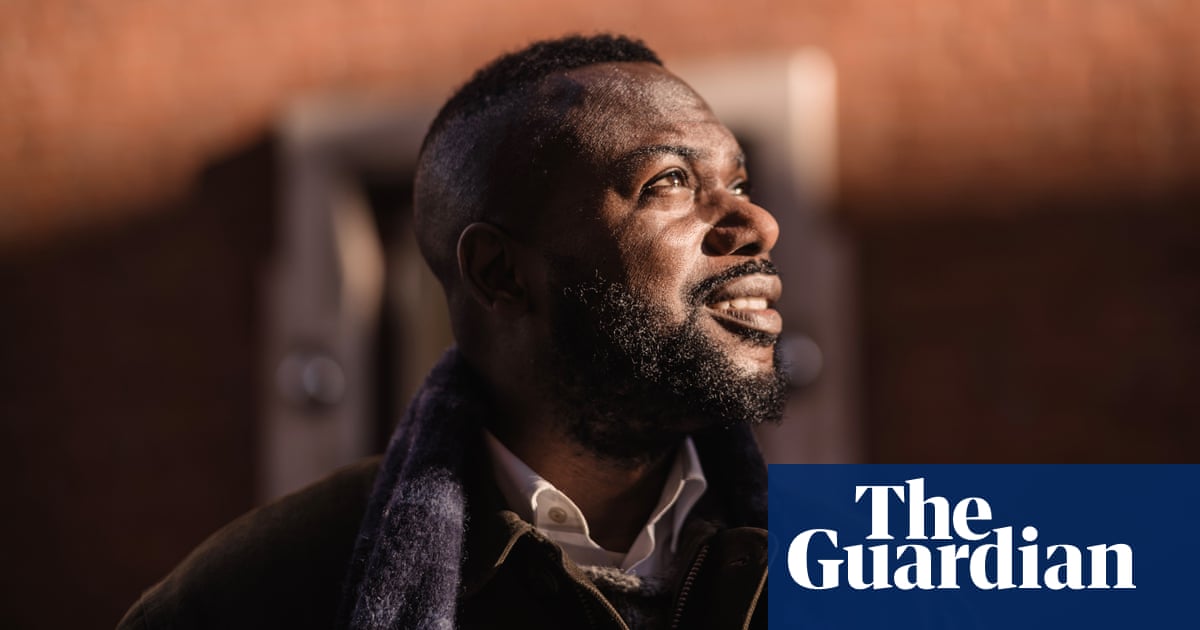
hat an achievement! Simply to recite TS Eliot’s 1943 poem, almost 1,000 lines long, from memory would be impressive. Ralph Fiennes goes further. He delivers it as performance and the result is astounding.
The project is entirely Fiennes’s: he is director as well as performer. On the one hand, this gives the piece a tremendous focus and coherence of purpose. Fiennes the actor is entirely invested in the expression of the work, every gesture, every intonation perfectly at the service of the director’s interpretation. On the other hand, Fiennes the actor is constrained by Fiennes the director, whose reading of the poem seems to me to shy away from fully accepting the deep joy that lies at its core. The emphasis, in the production, is on expressions of anxiety – closer to Eliot the erudite editor at Faber than to Eliot the mystic, steeped in Dante’s Divine Comedy and the Indian epic, the Mahābhārata.
An overall sense of sombreness is intensified by Hildegard Bechtler’s set of soaring, grey slabs slanted to open on to a changing-colour suffused cyclorama. Tonal contrasts between dark and light are given spatial quality through architectural, chiaroscuro lighting by Tim Lutkin (both used together to coup-de-théâtre effect). Implicit visual allusions, perhaps, to the fact that Four Quartets was published, as war still raged, also setting off resonances with the darker aspects of our own world today.
If I have a hesitation about the conceptualisation, this is still a brilliant – really brilliant – piece of work. One instance: the way Fiennes (director and actor) transposes Eliot’s verbal textual allusiveness into physicalised theatrical layerings – of Shakespeare soliloquies, of wartime broadcasts, of Nijinsky’s Rite of Spring (this last, the closest the production comes, for me, to a sense of transcendence, as the narrator figure recounts the movements his body mirrors while he watches a medieval rustic courtship dance). As the poet Daljit Nagra suggests in the programme, each person must seek their own Eliot. Fiennes’s encounter with Eliot is unique.












